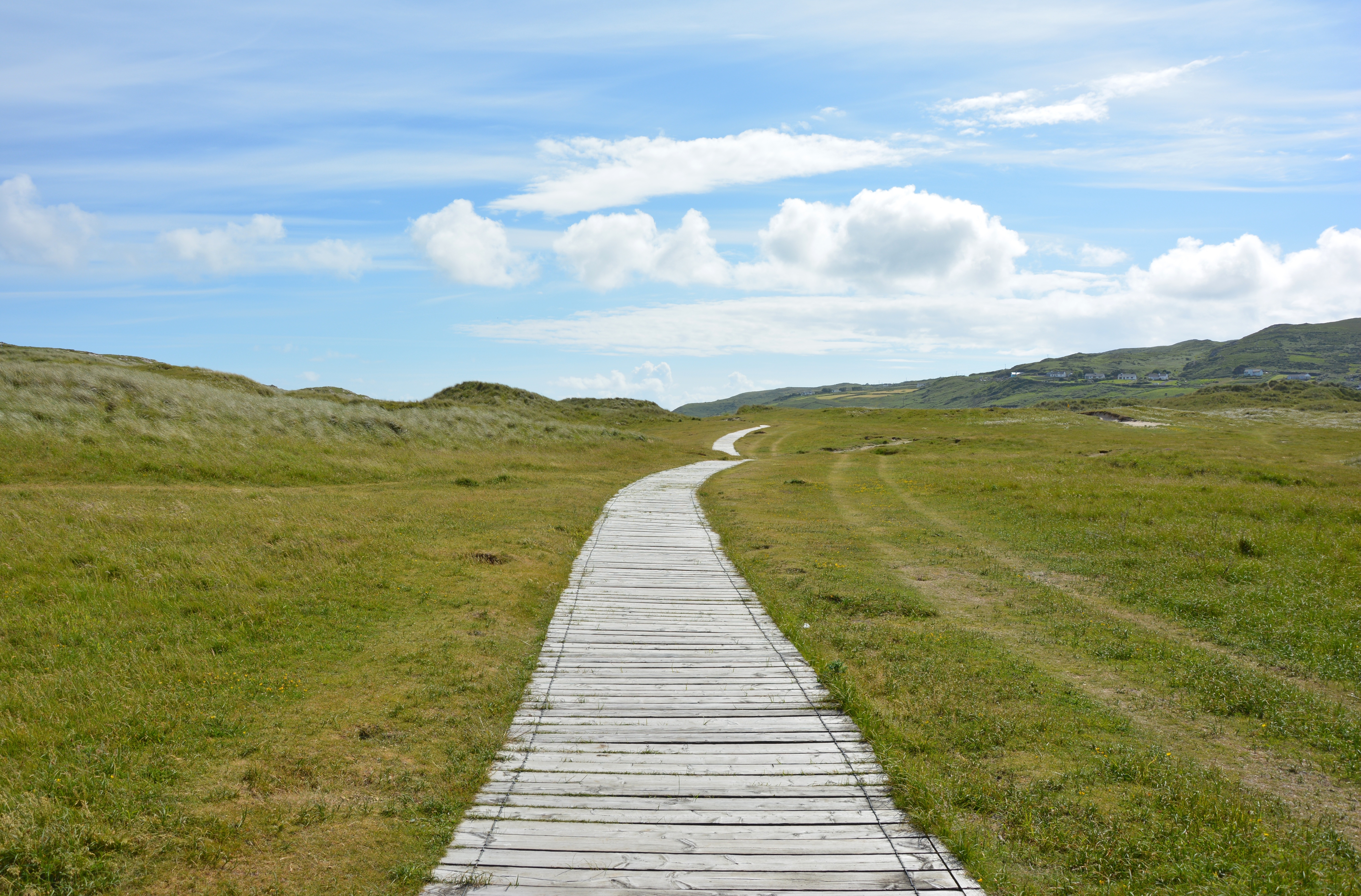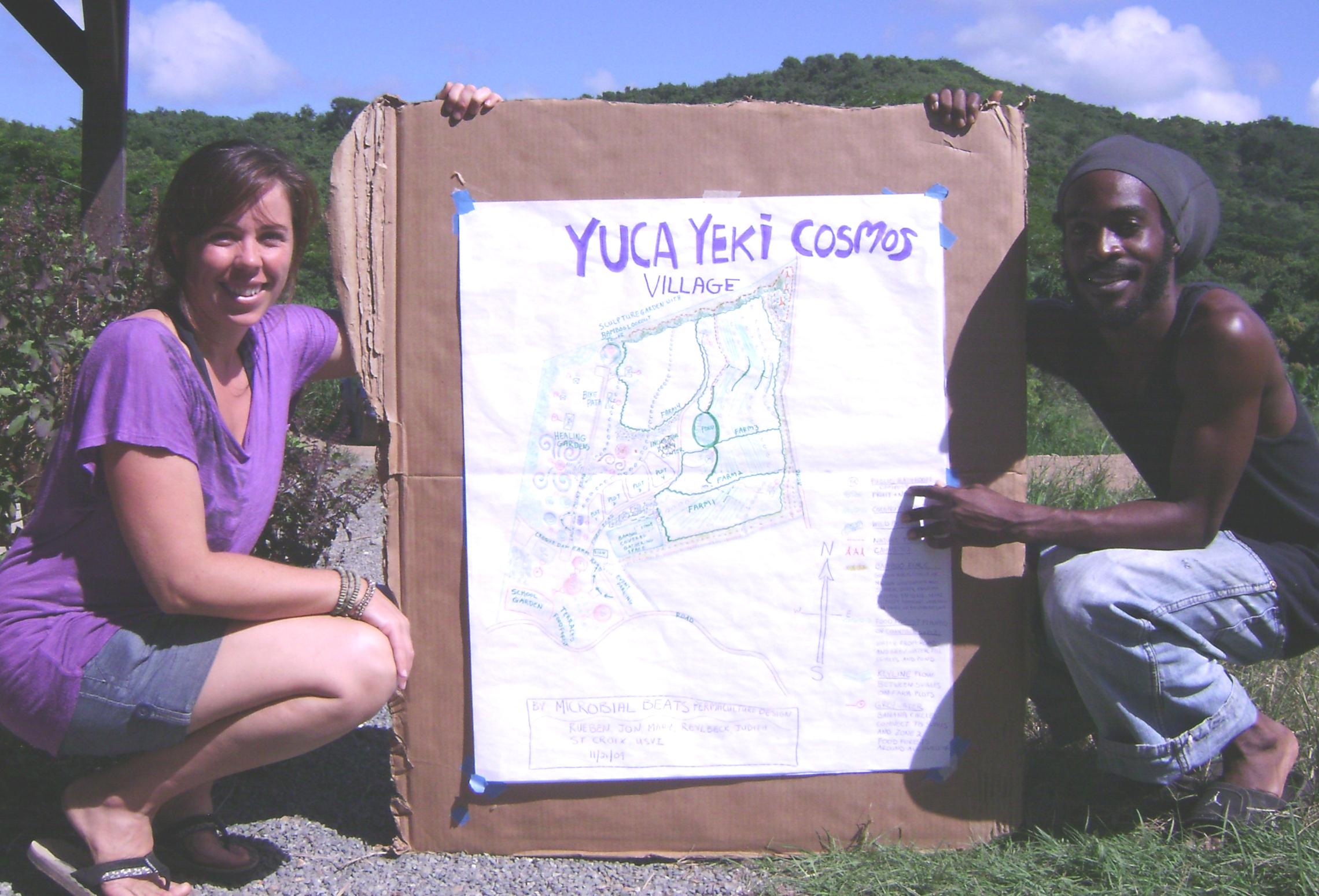Eric Toensmeier - Drawing Down Carbon: Agroforestry and Climate Change

How do we limit the damage of the greatest terrestrial environmental disaster ever, climate change? By drawing down carbon.
How we do that, and the most effective ways possible, form the base of this conversation with Eric Toensmeier, as he shares his ongoing research about the impacts of agriculture and how we can use agroforestry to increase productivity and sequester carbon.
As an overview of the global state of carbon farming, Eric also discusses the reality of what we can do, through dietary practices and engaging in our own food production, to create change. For those of you inclined towards policy and top-down approaches, you’ll hear plenty of possibilities of how you can move the conversation in your community and with your legislators.
Find out more about Eric at perennialsolutions.org, and The Carbon Farming Solution at ChelseaGreen.com.
Given the range of topics touched on regarding climate change, the resources below include not only those that Eric mentioned, but also a number of previous interviews with Dr. Laura Jackson, Keefe Keeley of The Savanna Institute, small-scale farmers Lee and Dave O’Neill at Radical Roots, and the market farmer Jean-Martin Fortier, as well as Jerome Osentowski of Central Rocky Mountain Permaculture. In the conversation with Jerome, he even touches on the impacts he’s seeing of climate change after his many years in the high altitude environment of Colorado where CRMPI calls home, and the focus of his decades of work on greenhouses.
As I put together the notes for this show, I’m left thinking about how to move forward in a meat-reduced world and have questions I need to answer. How viable is meat on leftovers? What systems do we need to implement to capture food waste so it gets to animals instead of the refuse bin? I should have expected to be left with more questions after speaking with Eric, so am going to keep digging into this and will share more as I find it. I would like to have Eric back some time to continue the conversation about permaculture and food production on marginal land.
If you have questions about this or anything else we covered in today’s conversation, leave a comment below.
Resources
The Carbon Farming Solution Project Drawdown
Perennial Solutions
The Center for Agroforestry at the University of Missouri Agroforestry at Virginia Tech
IPCC - Intergovernmental Panel on Climate Change Trees on Farms by RJ Zomer, et al. (PDF)
Savanna Institute
Steve Solomon - Gardening When It Counts
John Jeavons - Grow Biointensive
Legal Pathways to Carbon_Neutral Agriculture by Peter Lehner and Nathan Rosenberg (PDF)
Diet for a Small Planet
Related Interviews
Dr. Laura Jackson - Modern Agricultural Systems
Keefe Keeley - The Savanna Institute
Jean-Martin Fortier - The Market Gardener
Dave and Lee O'Neill - Radical Roots Farm
Jerome Osentowski - The Forest Garden Greenhouse



